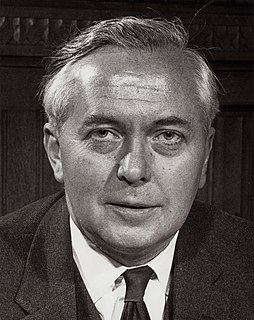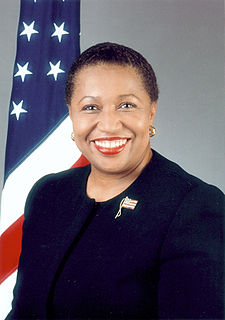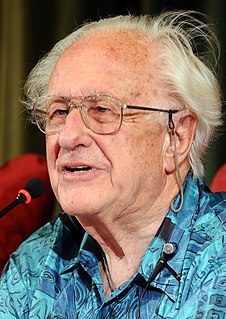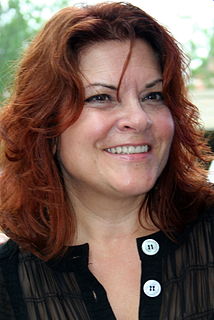A Quote by Chris Hedges
The notion that the press was used in the [first Iraq] war is incorrect. The press wanted to be used. It saw itself as part of the war effort.
Related Quotes
What I found most ironic is that the safest part for us as journalists was during the actual war. Back then, during that stage of fighting, we were not targets. After the war itself, during the first month or two, it was extremely safe. We could go anywhere in Iraq, talk to anyone, and didn't have to worry about anything.
When George W.Bush attacked Afghanistan, it was widely hailed, and the failure of our war there wasn't understood. Within a few months of attacking Afghanistan, Bush clearly moved on to get ready for Iraq, long before Osama bin Laden or Al Qaeda were dispensed with. There was never any serious debate in the press about whether even the notion that every Taliban was our enemy was valid. A lot of assumptions about that war were never challenged.
As professor of global peace studies at the International Islamic University of Malaysia I am committed to the ending of war also through criminalization of war, an approach that has not been sufficiently used in spite of the UN Charter outlawing war - with too many loopholes used buy aggressive countries.
I used to get great press. I get the worst press. I get such dishonest reporting with the media. I've never had anything like it before. It happened during the primaries, and I said, you know, when I won, I said, "Well the one thing good is now I'll get good press." And it got worse. So that was one thing that a little bit of a surprise to me. I thought the press would become better, and it actually, in my opinion, got more nasty.
My idea was always to start with a small press and then move up to a national press. I had those goals for my career from the time I was a very young woman. I wanted to win a local award, then I wanted a state or national award. Small press, big press. Some women fantasize about their weddings, their husbands, and children. I fantasized about what I wanted to accomplish with my books.
He [Johnny Cash] was so fragile. We invaded Iraq in March, and he died in September. And because his health was so fragile, he couldn't take the controversy of making a public statement against the war. He knew that people were rabid. They attacked me mercilessly after I did the press conference with Musicians United to Win Without War. He knew that he couldn't tolerate that.
In every major war we have fought in the 19th and 20th centuries. Americans have been asked to pay higher taxes - and nonessential programs have been cut - to support the military effort. Yet during this Iraq war, taxes have been lowered and domestic spending has climbed. In contrast to World War I, World War II, the Korean War and Vietnam, for most Americans this conflict has entailed no economic sacrifice. The only people really sacrificing for this war are the troops and their families.

































